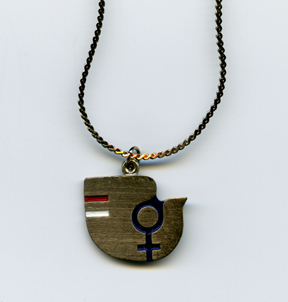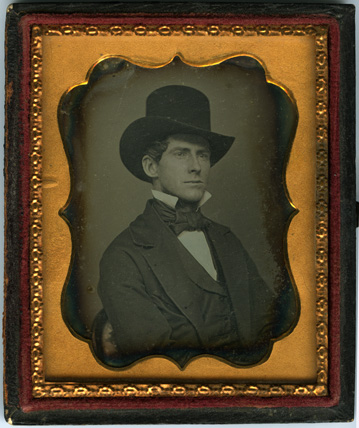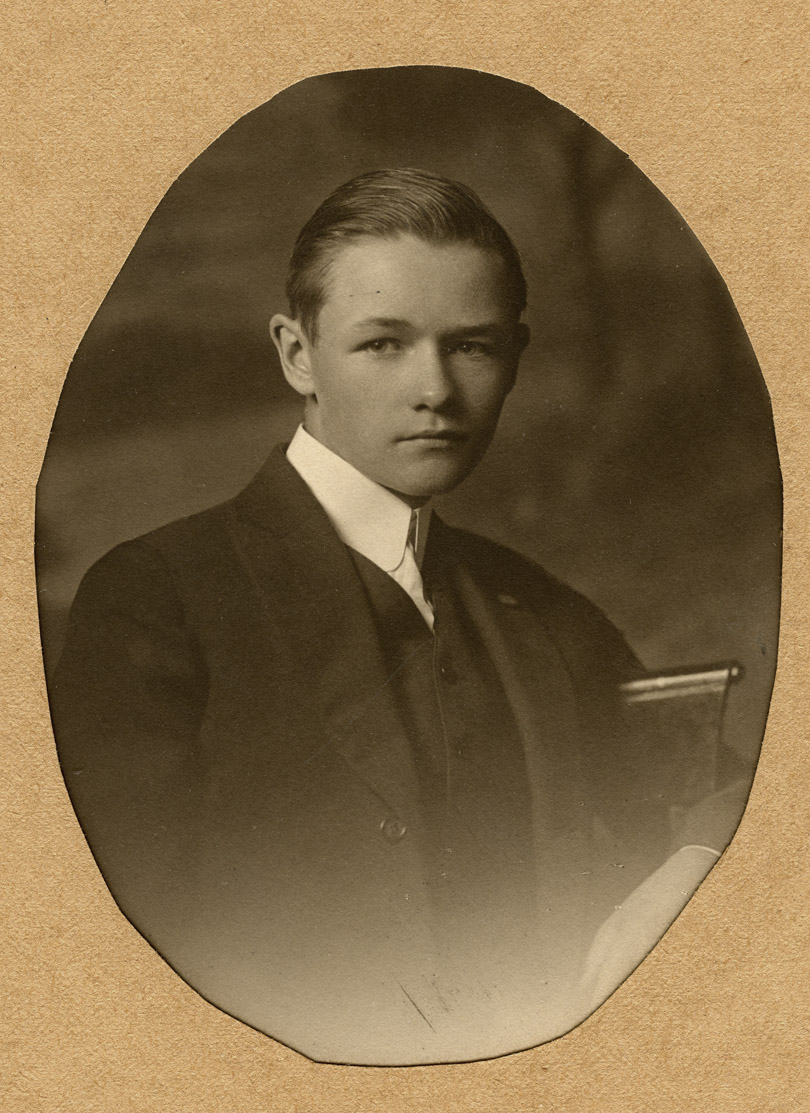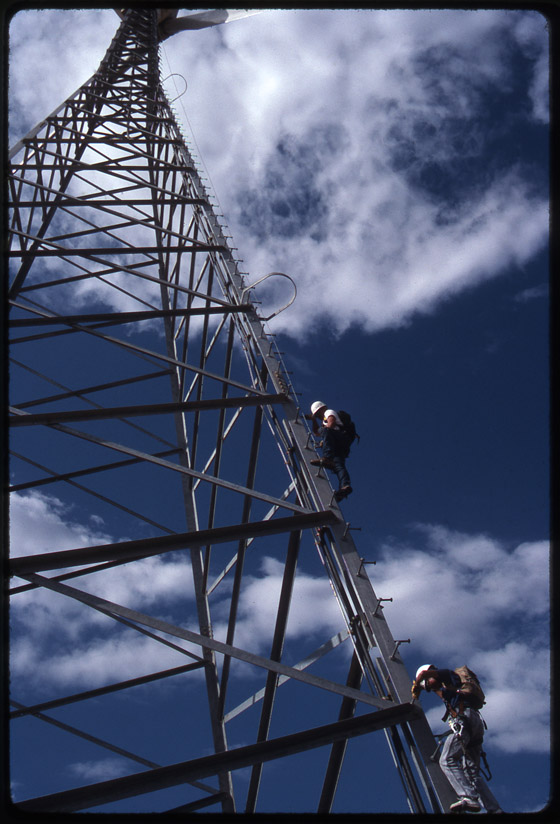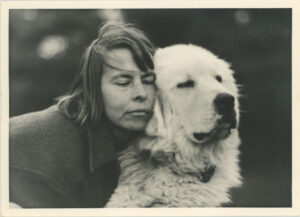Wallace Stevens Collection
The modernist poet Wallace Stevens produced some of the century’s most challenging works while employed as an attorney in Hartford, Connecticut. A native of Reading, Pa., Stevens attended Harvard as an undergraduate but left in 1900 before completing his degree. He later earned a law degree at New York School of Law. Working in insurance law but still intent on becoming a writer, he did not publish his first book of poetry until he was 44 years old. Over the last thirty years of his life, he became one of the most revered contemporary poets in the country. Stevens died of cancer in 1955.
Touching on poetry, criticism, and books, the collection consists primarily of letters received by the poet Wallace Stevens along with 35 annotated volumes from his personal library. Among the correspondents represented are Charles Tomlinson, Jean Wahl, Conrad Aiken, and the art collector and Stevens’ close friend Henry Church; there are also retained copies of three letters from Stevens: two regarding an honorary degree at Harvard, and one to Tomlinson declining to respond to Tomlinson’s analysis of “The comedian as the letter C.” The books included in the collection have annotations or inscriptions to or by Stevens.


